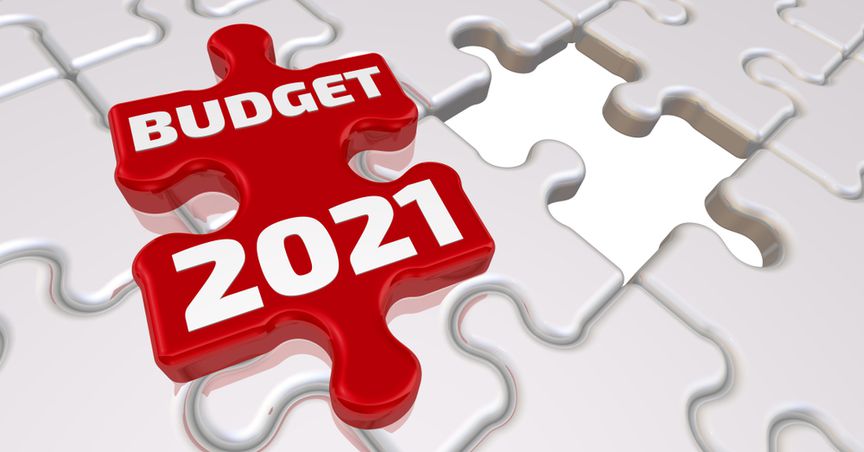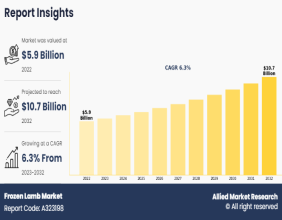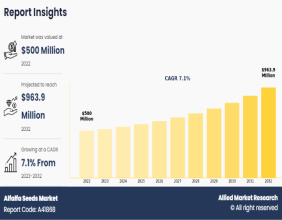Summary
- House prices are anticipated to slow down in the coming years.
- A fall in expected house price growth could hinder the economic growth of New Zealand.
- Maori housing gets a budget boost.
New Zealand has been struggling with relentless property prices post the heavy of the coronavirus pandemic with the national average asking price surging by 16% in 2020 in spite of sluggish demand and supply, as per the latest data released by Trade Me for April.
Similarly, REINZ housing figures released on May 13 showed that national median house prices had surged 19.1% in April a year ago to $810K.

Source: Copyright © 2021 Kalkine Media
However, there has been a considerable debate on whether house prices are lowering after the NZ government took many measures to slow down the surge in the prices.
In March, the NZ Government had unveiled a housing package to increase the supply of houses and eliminate incentives for speculators. The Government announced to double the bright-line test on residential property, lifting of First Home Grant caps along with $3.8 billion allocation to hasten housing supply.
House price growth expected to slow down ahead
Though the budget did not contain any significant measures to cool down overheated housing market but a slowdown in prices was likely in 2022 due to housing policy changes announced in March before they rise again.
The Government anticipates house price growth to slow down significantly by the middle of 2022, partially due to housing policy changes announced by the government 2 months back.
ALSO READ: What Are The Non-Budgetary Parts Of Kiwi Budget 2021?
Annual house price inflation is expected to peak at 17.3% in the June 2021 period, then ease to 0.9% in the June 2022 quarter, according to the Treasury's economic outlook, published in the Budget on Thursday.
Further, house prices are expected to grow slightly due to higher population growth and continued low interest rates as borders reopen, reaching to 2.5% in the June quarter of 2025.

Source: © Terovesalainen|Megapixl.com
During the COVID-19 pandemic, rising house prices have been attributed to supporting a stronger-than-expected economy.
DO READ: Why Is The Budget 2021 A Crucial One?
However, the country’s economic recovery is anticipated to be delayed by a sluggish house price growth, as per budget documents. Budget records state that house price fluctuations have a wider effect on the economy. This is due to the fact that as the value of people's homes increases, they are willing to spend more money, thus boosting the economy.
Also read: 10 Takeaways From The New Zealand Budget 2021
According to finance minister Grant Robertson, it's important to step away from housing prices as a source of economic development.
Maori housing gets a Budget boost
The budget has allocated $1.4 billion for Maori. Budget 2021 has set aside $1.1 billion for strengthening Maori conditions, with an emphasis on housing and welfare. Almost a quarter of a billion dollars were set aside for health programs, including the establishment of the current Maori Health Authority.
ALSO READ: Budget 2021: What Is In There For Pandemic Hit Sectors?
Robertson, while giving out budget details on Thursday, also stated that it was the responsibility of the government to address inequity in places where Maoris were much less likely to own their homes.
The government has set aside $380 million of the $1 billion-plus budget for Maori housing, which will result in the construction of 1,000 new wet, dry apartments. The housing spending came on top of $350 million set aside for Maori from the government's Housing Acceleration Fund, which aims to help Maori and iwi providers construct homes for whanau.
(NOTE: Currency is reported in NZ Dollar unless stated otherwise)




